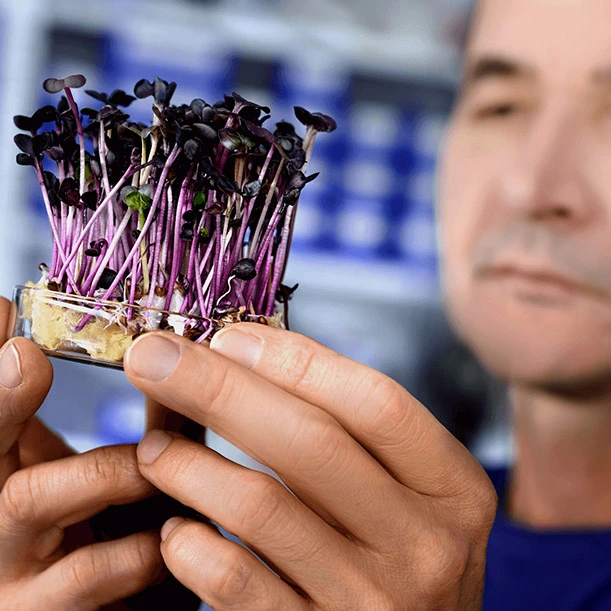
GFF - Granot Future Farming
ֿGFF is Granot Group’s innovation and technology division. Its main focus is agricultural innovation and finding ways to secure our future food supplies. GFF focuses on the interface between technology and the environment along the entire food chain. We invest in and establish new companies in collaboration with research and academic institutions, startup companies, government agencies, food and agricultural corporations, and the farmers themselves.
GFF focuses on several main categories:
• Indoor Farming
• Insect Farming
• Climate Farming
• Precision Farming
• Algae Farming
• Biotechnology Farming
GFF - Granot Future Farming
Agriculture in controlled environments
Our projects in this category include: Hortica, GreenOnyxs, and Nrgene
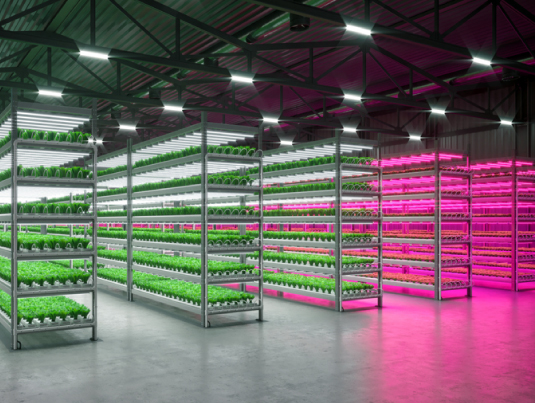
Insect Farming
Our projects include Entoprotech and the Black Soldier Fly project.
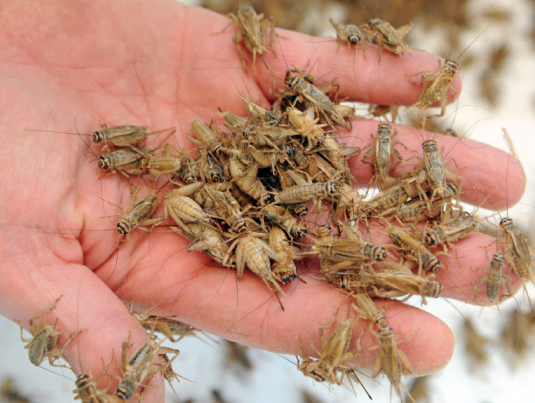
Climate Farming
For more information, please review the documents that describes the NIBBANA platform.
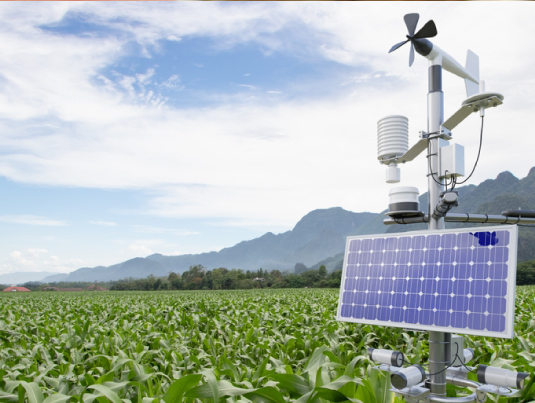
Precision Farming
These projects include Neolytics, Dairyx, Endrip.
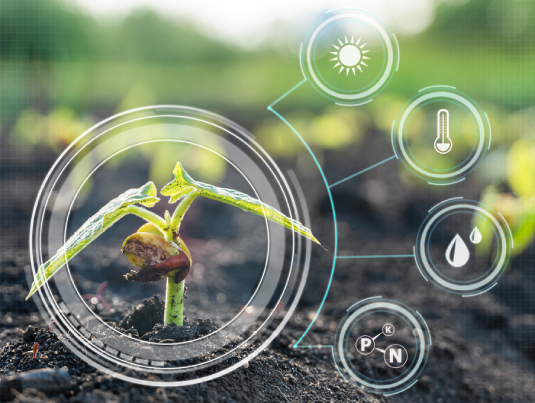
Algae Farming
Our algae projects include Project Baralgae.
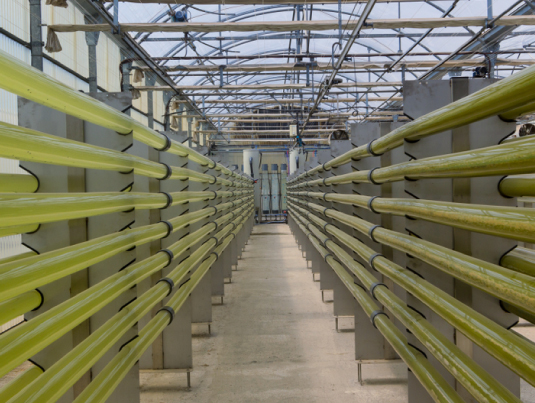
Biotechnological Agriculture
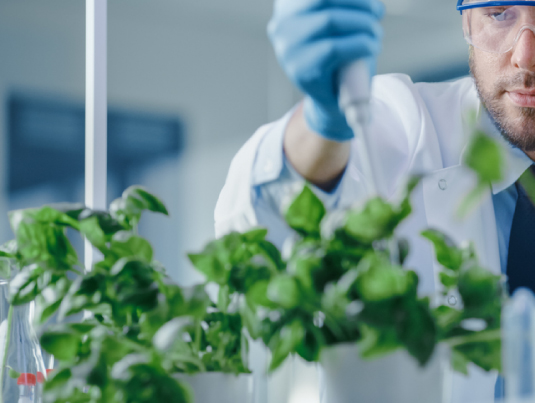
Funds and investments
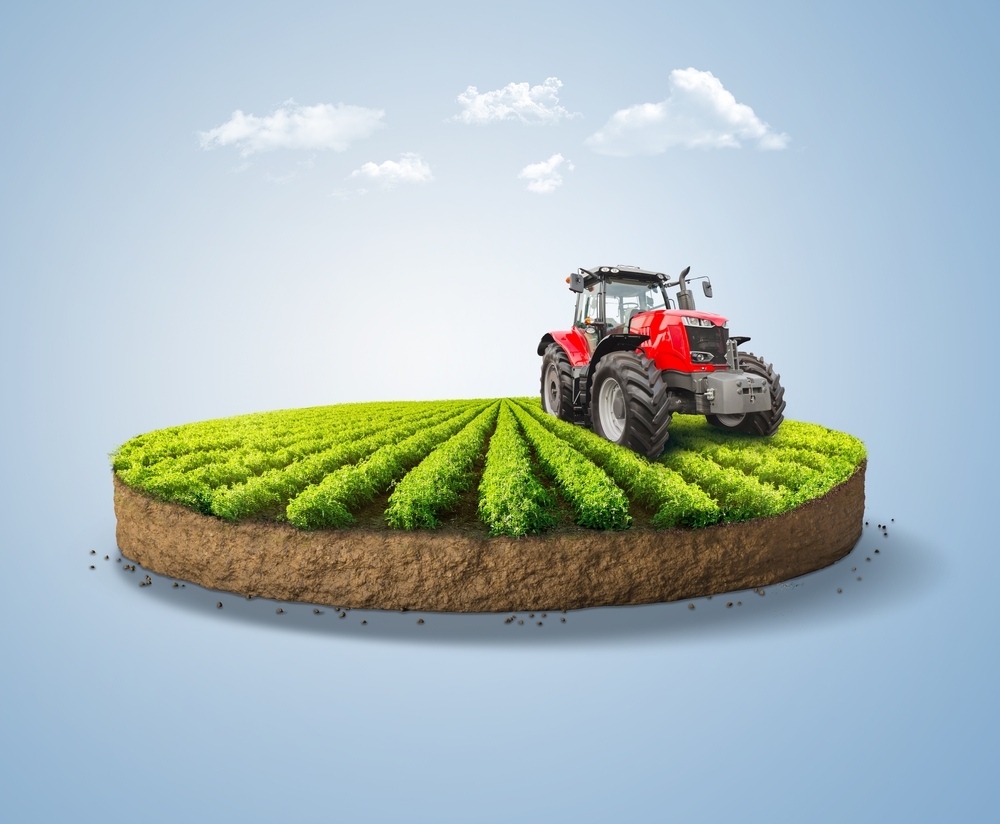

Our projects in this category include: Hortica, GreenOnyxs, and Nrgene

Our projects include Entoprotech and the Black Soldier Fly project.

For more information, please review the documents that describes the NIBBANA platform.

These projects include Neolytics, Dairyx, Endrip.

Our algae projects include Project Baralgae.



